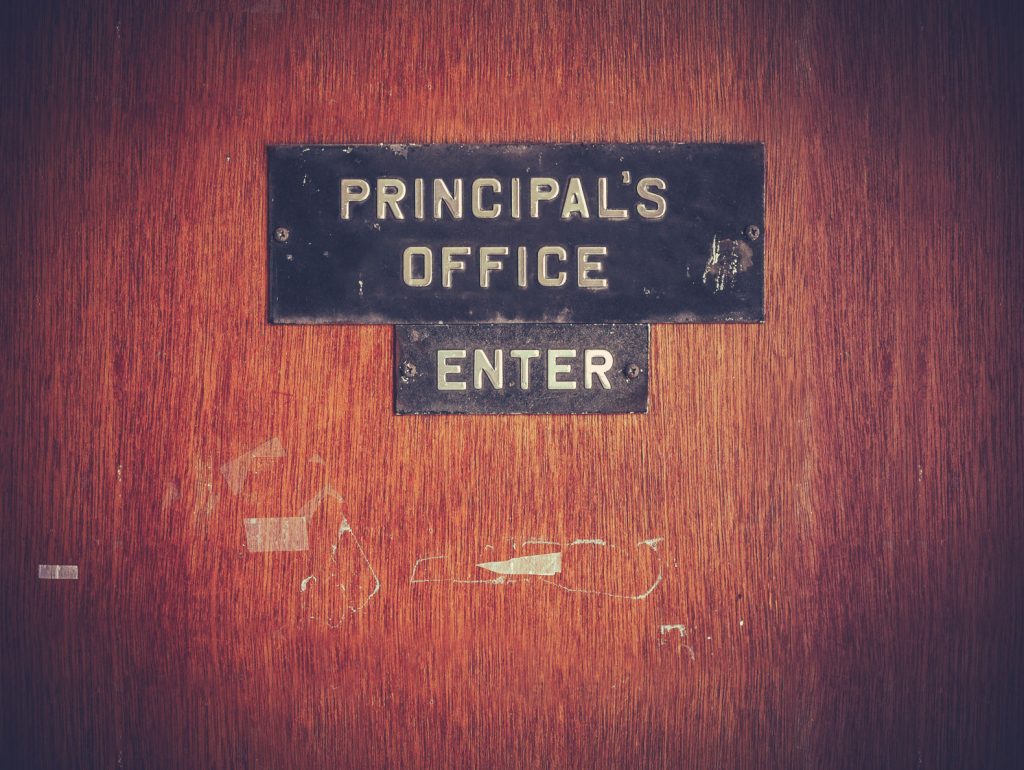Does your child know that you are 100% committed to them through thick and thin? I don’t mean that you are willing to pull them out of every jam they get themselves into. Instead, that you will lovingly do the best thing for them in every situation and be with them.
It’s not always easy for parents to stand by and watch a child experience an uncomfortable natural consequence. Yet it may be the most loving thing we do in the long run.
When children are younger, it’s natural to immediately rescue our children from any fate that may seem undeserved and/or uncomfortable. We call the teacher and explain why an assignment didn’t get completed because of some unusual family circumstances. We phone one of their friend’s parents to discuss a malicious comment that hurt our child. We may even talk to a boss about a situation where our child has been mistreated on the job.
But at some point, we are not going to be there to help them out of their predicament. Some day, they are going to have to stand on their own two feet and rise and fall on the strength of their own actions.
Doing what’s best may mean using some tough love. Especially when our children get older and should learn to take responsibility for their own actions.
Part of our role as parents is to prepare our children to be responsible adults. We will not always be there to rescue them. They will not always be able to avoid natural consequences of their decisions and behavior.
Yes, they will hopefully be protected when they are doing what’s right. But if they break the law, they will experience the consequences that go along with that violation. There is not as much leeway in life as an adult. So helping our children to begin to realize this before they leave home is a critical responsibility we have as parents.
So how can we do that? Here are some suggestions:
- Make sure you have house rules. This helps your child experience boundaries for himself and others, as well as to realize that he is part of a greater community. Not everything in life will revolve solely around him.
-
Follow through with predetermined consequences. When boundaries in the home are crossed, follow through with natural and logical consequences. If a grade school child doesn’t do his chores, his allowance will be affected. If a high school child doesn’t honor your requests for curfew, social privileges will be limited for a time.
-
Mentor your child through situations where he must suffer consequences. Talk through a situation that your child is experiencing with any authority in his life—a teacher, a coach—and help him process and decide on a plan of action. Don’t rescue him yourself—counsel him in possible ways to approach the person in authority.
Allowing your children to suffer the consequences is sometimes very hard to do. Actually, it’s more difficult than interfering. But it’s part of the tough love that we must exercise in order to do what’s best for our children.
Most important, though, is our support and love for them even as they are suffering through consequences. I always told my kids, “There is nothing you can do that will make me stop loving you.” And that is one major way that we can show support—to stand beside them through whatever trials life may bring.
Question: What helps you as a parent to resist interfering or rescuing when it would be better for the child to experience the consequences? Share your answer in the comments below.
